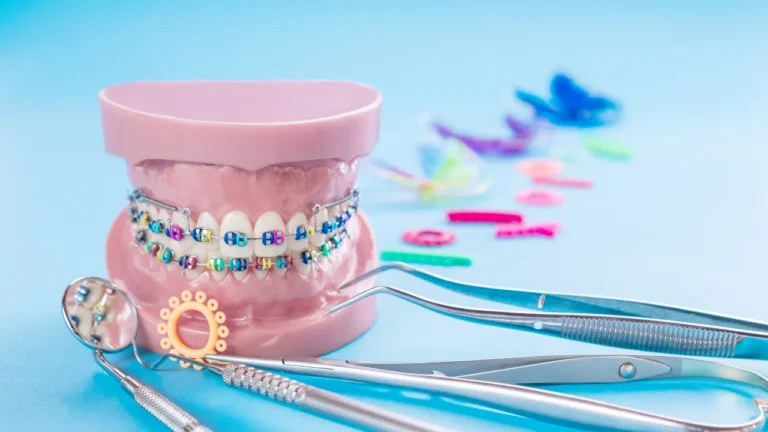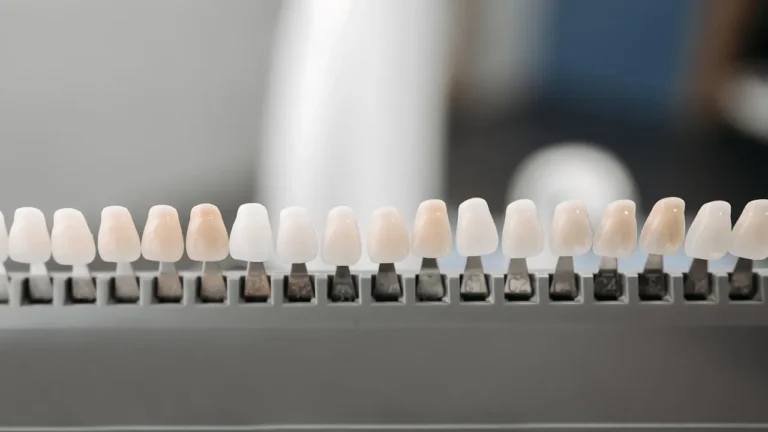Secure Loose Teeth In Pretoria: MAC Dental Studio
Stabilize loose teeth with advanced treatments at MAC Dental Studio in Pretoria. Our dentists provide effective solutions for your dental health.
Exceptional Dental Care
With Skilled Professionals
Experience top-notch dental care with our dedicated team at Mac Dental Studios, where your health and comfort are our priorities.
1. Schedule Your Visit
Easily book your appointment through our user-friendly website and choose a time that fits your schedule.
2. Personalized Consultation
During your visit, our experienced dentists will thoroughly assess your dental health and discuss personalized treatment options with you.
3. Achieve Your Ideal Smile
We will create a customized treatment plan tailored to your needs, helping you achieve and maintain a healthy, beautiful smile.
Easily Book Your Dental Appointment
Loose Teeth: Causes, Treatments, and Prevention
Are you experiencing loose teeth? This guide will help you understand the causes, available treatments, and how to prevent this dental issue.
Loose teeth can be unsettling, but with the right knowledge and care, you can maintain a healthy smile.
Common Causes of Loose Teeth
Periodontal Disease
Periodontal disease, or gum disease, is the leading cause of loose teeth in adults.
It occurs when plaque builds up along the gum line, leading to inflammation and infection.
Over time, this can damage the gums and the bone supporting your teeth.
Trauma or Injury
Accidents and injuries can cause teeth to become loose.
Whether it’s a sports injury, a fall, or any impact to the mouth, trauma can damage the ligaments and bone that support teeth, making them loose.
It’s crucial to seek dental care immediately after such incidents.
Other Health Conditions
Conditions like osteoporosis and diabetes can affect your dental health.
Osteoporosis weakens bones, including those supporting your teeth, while diabetes can increase the risk of infections and periodontal disease.
Symptoms to Watch For
- Bleeding Gums: If your gums bleed easily, especially when brushing or flossing, it could be a sign of gum disease.
- Persistent Bad Breath: Chronic bad breath can indicate infection.
- Visible Gaps: Gaps forming between teeth or receding gums can signal a problem.
Early detection and consultation with your dentist are key to addressing these symptoms effectively.
Treatment Options for Loose Teeth
The best course of treatment for a loose tooth depends on the underlying cause. Here are some options a dentist might recommend:
- Deep Cleaning (Scaling and Root Planing): This procedure removes plaque and tartar buildup below the gumline, addressing gum disease, the leading culprit behind loose teeth in adults.
- Splinting: A splint is a thin, flexible piece of material that bonds loose teeth to neighboring healthy teeth, providing extra support and stability to allow the loose tooth to reattach to the bone.
- Medications or Mouth Rinses: Antibiotics or medicated rinses might be prescribed to combat infection and promote gum healing.
- Surgery: In severe gum disease cases, surgery may be needed to remove inflamed gum tissue and bone and potentially regenerate bone with bone grafts.
- Bite Adjustment: If teeth grinding is the cause, slight adjustments to your bite by removing a bit of enamel can ease pressure on the loose tooth.
- Mouthguards: Wearing a mouthguard at night can prevent teeth grinding and protect your teeth from further damage.
Lifestyle Changes and Home Care
- Improved Oral Hygiene: Brush and floss daily to remove plaque. Consider using an antiseptic mouthwash to reduce bacteria.
- Diet and Nutritional Advice: Eating a balanced diet rich in vitamins and minerals supports overall dental health. Avoid sugary snacks and drinks that can contribute to plaque build-up.
- Regular Dental Checkups: Routine dental visits are essential for maintaining dental health. Regular checkups help detect issues early, making them easier to treat.
- Proper Oral Hygiene: Practice good oral hygiene by brushing twice a day and flossing daily. Use fluoride toothpaste and a soft-bristled toothbrush.








